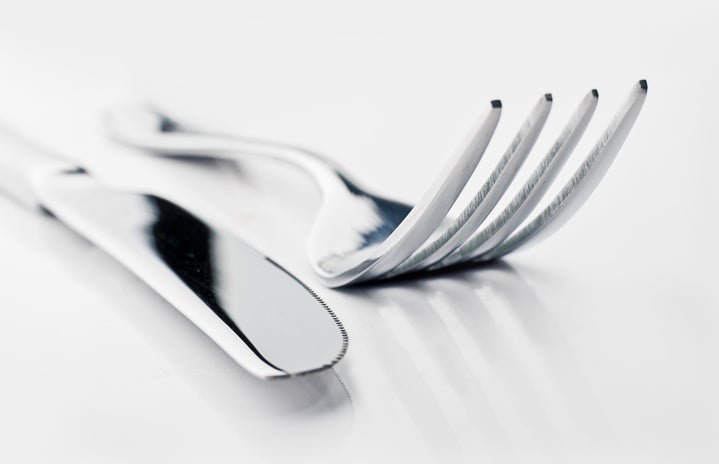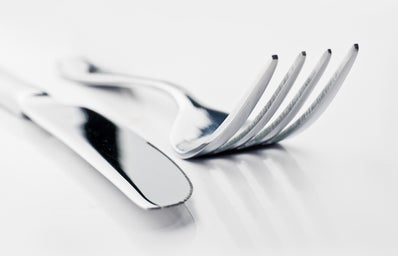Most of you have probably heard of the infamous Ketogenic diet, the newest health weight loss facade. For those of you who have not heard of the diet, it basically consists of high fats and low carbohydrates. The purpose of this diet is to trick one’s body into burning fat instead of carbs. It definitely sounds less constricting than the other diets, but everything has side effects. This article will discuss the pros and cons of the Ketogenic diet, you can decide later on if you think that this diet is right for you. Disclaimer, the content that I am about to release is from my personal research through the mediums of Google and YouTube.
People who should not do the Keto diet
For those of you who have diabetes, high blood pressure, take any sort of medication, or are breast feeding then this diet is not the one for you. On that note, you should consult with your doctor if you feel unsure about the ways that this diet might affect your health.
Ketogenic
Your body can either run on carbs or fats however, if you want your body to run on fats, you have to lower your intake of carbs (sugar); the fats then transfers into your liver and turns into ketones, which is in turn transferred to your brain. When one is fueled primarily by fats, this puts the body in the state of ketosis as a result. Your body will then burn fat naturally without any exercise or calorie restrictions.
Side Effects
Naturally, when you change the course of your diet, your body will react in different ways. When beginning the diet, you may experience bad breath, constipation, low energy, reduced tolerance to alcohol as well as leg cramps. Diet changes could also be hard on your kidneys, so diet with care. The most common side effect most people experience is the Keto flu (similar to the regular flu).
The standard Keto diet contains 75% fat, 20% protein and only 5% carbs.
- Low carb Vegetables
- Meat
- Healthy Oils
- Butter and Creams
- Nuts
- Condiments
- Cheese
- Eggs
What to avoid?
- Junk food (chips, candy, etc.)
- Fruit (small portions of berries are ok)
- Root vegetables
- Anything low fat
- Unhealthy fats
- Alcohol
- Sugar free diet foods
- Starchy or sugary foods
My Thoughts
Personally, I believe that consumption of any kind of food in moderation is the best diet. Things like fruits and root vegetables (which are almost not allowed on this diet) have lots of nutritious value, and to have limited access to these foods can result into taking other supplements to complete bodily needs. Live life to the fullest and try a little bit of everything! That way you are not restricting yourself from different types of experiences. If you are active and eating less than healthy foods in moderation, you will live a happy life. Measuring everything and restricting the things you want to eat or want to do can take away from life. Instead of time spent on what you cannot eat, the main focus should be on ‘how do I make sure to eat until I am full and not over full’ and limit intake on the things that are known to be unhealthy (processed foods and junk).



